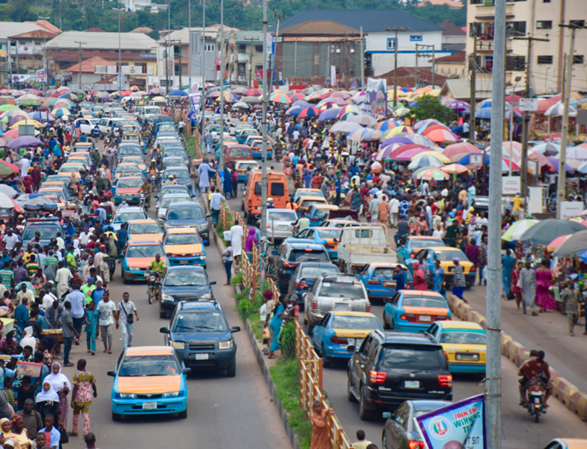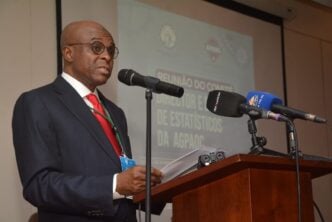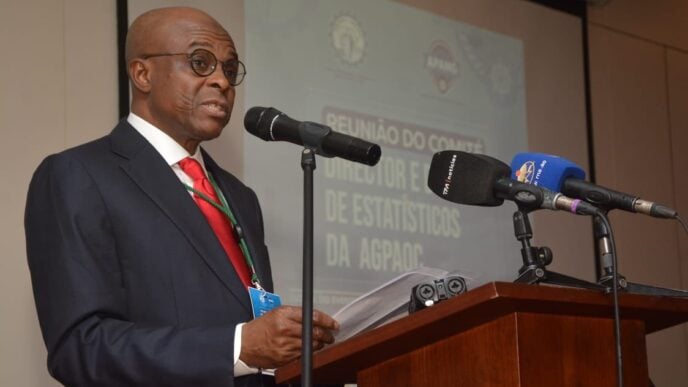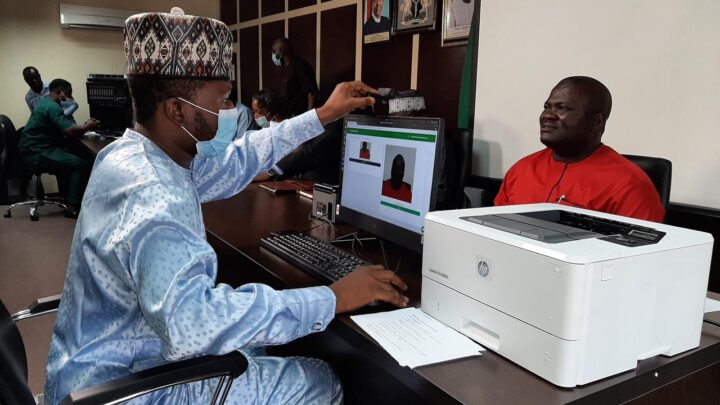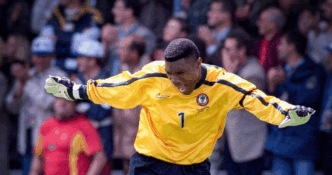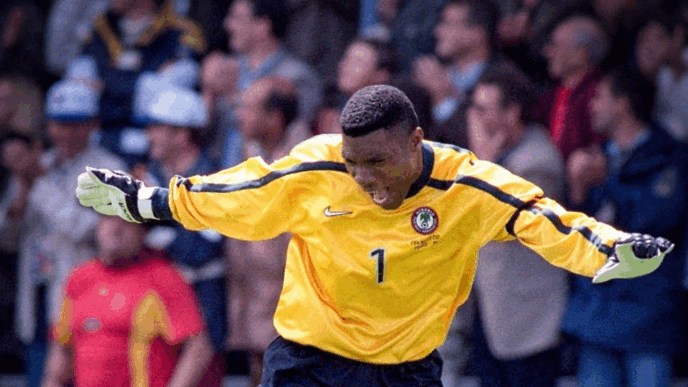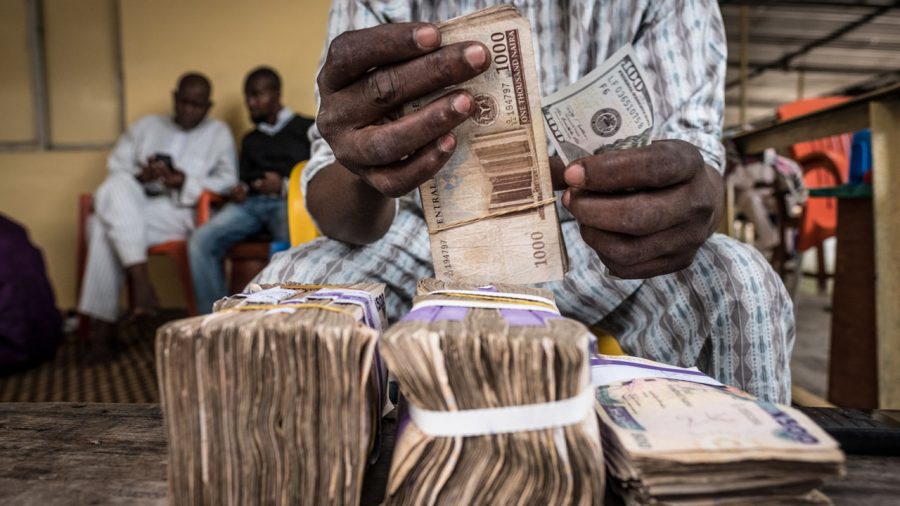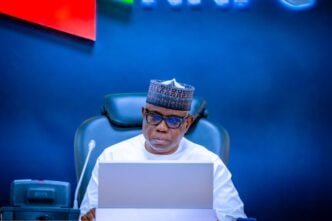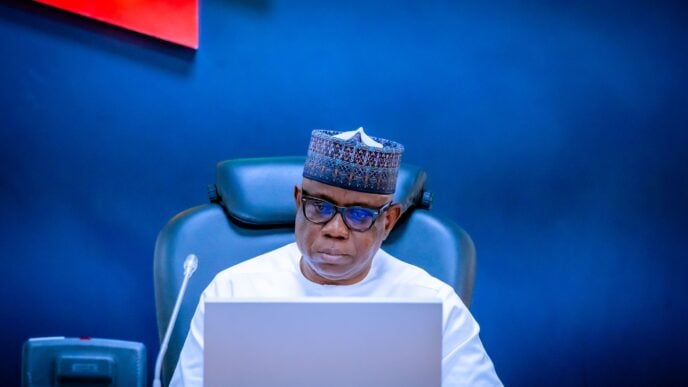Ondo state, south-west Nigeria
BY AYOMIDE OLORUNNIMBE
In light of the recent strides made by the South West Development Commission (SWDC) since its formal establishment, it is fitting to congratulate its leadership, particularly the head of the commission, for the vision, energy, and commitment already evident in its early initiatives. The steps taken so far, ranging from stakeholder engagements to the outlining of ambitious regional development plans, signal a refreshing determination to translate the commission’s mandate into visible progress.
Yet, while we commend these infrastructural and economic blueprints, the long-term success of the SWDC will not be measured solely by kilometres of roads built, markets upgraded, or industrial hubs launched. True and sustainable development rests on the quality, mindset, and values of the citizens who will inhabit, use, and maintain these assets. The politics of development is never neutral; it reflects the choices that institutions make about what to prioritise and how to balance physical infrastructure with human capital. That is why the Commission must urgently embark on a deliberate, structured programme of social engineering across the South West.
Social engineering in this developmental sense means shaping civic values, strengthening ethical standards, and fostering a sense of communal responsibility. It means reviving the omoluabi ethos of integrity, hard work, respect, and accountability that once formed the backbone of Yoruba society. The SWDC is uniquely positioned to champion this reorientation through public policy, education reform, cultural revival, and youth engagement programmes.
Advertisement
This agenda must go beyond abstract values. It must instil practical habits that make public life orderly, dignified, and sustainable. This includes the responsible use of public spaces, ensuring that markets, roads, parks, and transport hubs are kept clean, respected, and maintained. It means tackling vices such as cultism, cybercrime, drug abuse, and Vandalism of public infrastructure for personal gains. It also requires a cultural shift against unhygienic practices like public urination and defecation, which are both public health hazards and visible markers of underdevelopment.
The urgency of this cannot be overstated. According to the National Bureau of Statistics, youth unemployment and underemployment in the South West (excluding Lagos) stand above 45%, fuelling restiveness, crime, and the mass migration trend, now known as Japa. Rapid urbanisation, especially in Lagos and Ibadan, has also eroded traditional social structures, leaving many young people without strong community anchors or a shared civic identity.
This is where the politics of development comes alive, deciding not only where funds are spent, but also what kind of citizens those funds are meant to produce. A well-designed social engineering programme could include:
Advertisement
Civic reorientation campaigns to restore pride in hard work, public service, and community solidarity.
Cultural integration programmes for rural-urban migrants, promoting a shared South West identity.
Education reforms that integrate civic and ethical instruction into the curriculum from primary to tertiary level.
Youth leadership and innovation platforms to channel energy into constructive ventures.
Advertisement
Strict public conduct policies, in collaboration with local governments, to enforce sanitation, orderliness, and proper use of public facilities.
Such measures would strengthen governance, deepen social cohesion, and ensure that physical development projects have a human foundation to stand on. Without this deliberate shaping of behaviour and values, our highways will be abused, our parks vandalised, and our public buildings neglected.
We commend the head of the commission for the work already done in rallying stakeholders and laying out infrastructural priorities. The next great leap will be to engineer not just our roads and bridges, but our people cultivating a generation whose values, ethics, and civic habits will sustain the prosperity we build today.
As Lee Kuan Yew of Singapore once said: “If you want to reach first world standards, you must have first world standards of behaviour.” His success story proves that discipline and civic reorientation are as vital to progress as skyscrapers and highways.
Advertisement
In the politics of development, roads and bridges are the visible signs of progress, but the unseen foundation is the people who maintain them. If the South West must play host to investors, tourists, and partners from first-world countries, then we must be seen to act like them and live like them. Development is as much about conduct as it is about concrete; as much about behaviour as it is about buildings. By setting the standard in both, the South West can once again lead Nigeria not only in economic progress but in the dignity and civility of its people.
The South West Development Commission, therefore, has an opportunity to engineer not just roads and bridges, but also the mindset, values, and civic consciousness of its people. Social engineering is not an optional add-on to physical development; it is the foundation that ensures infrastructure is preserved, governance is respected, and communities are united in purpose. Without it, the region risks building material prosperity on a shaky social foundation.
Advertisement
Ayomide I. G. Olorunnimbe is a final-year student of International Law and Diplomacy at Babcock University.
Advertisement
Views expressed by contributors are strictly personal and not of TheCable.
